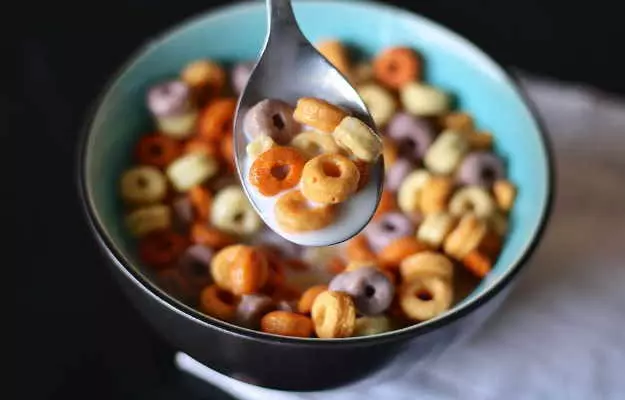You might have heard that breakfast is the most important meal of the day. If we break this word breakfast, we get break + fast, which means breaking your 8-10 hour fast (before and during sleep) and taking a nutritious meal which will be a powerhouse for your entire day.
Now let's examine what we should look for in a good breakfast:
- A meal that will boost your metabolism so your body works properly.
- Your first meal of the day should include foods that provide both simple carbohydrates that are quickly and easily digested to provide you with energy as well as complex carbohydrates that will provide you with energy in the longer term.
- You should also remember to include proteins and fats. The more varied the food products you have for breakfast, the lower the risk of potential nutrient deficiencies (such as mineral deficiencies, vitamin deficiencies and protein deficiency, etc.) in your body.
Before we get into how you can start taking a balanced diet from your very first meal of the day, let's do a quick recap of why we should eat breakfast:
- It helps you control your weight
- It helps your brain to function properly
- It helps your body to reduce the risk of illness (read more: how to increase immunity)
- It makes you energetic throughout the day
- It keeps you full for longer, so you can avoid unhealthy munching
- It reduces the risk of low blood sugar
- It has an impact on your activeness, alertness, and concentration throughout the day
Now, on to the main goal of this article: to share what to eat and what not to eat for breakfast.
































